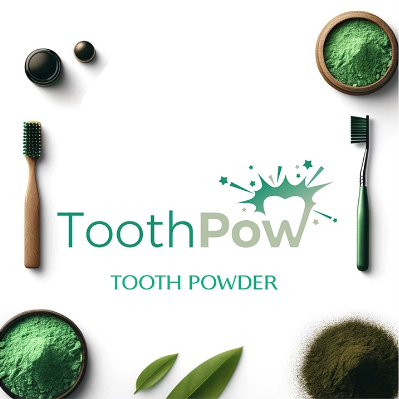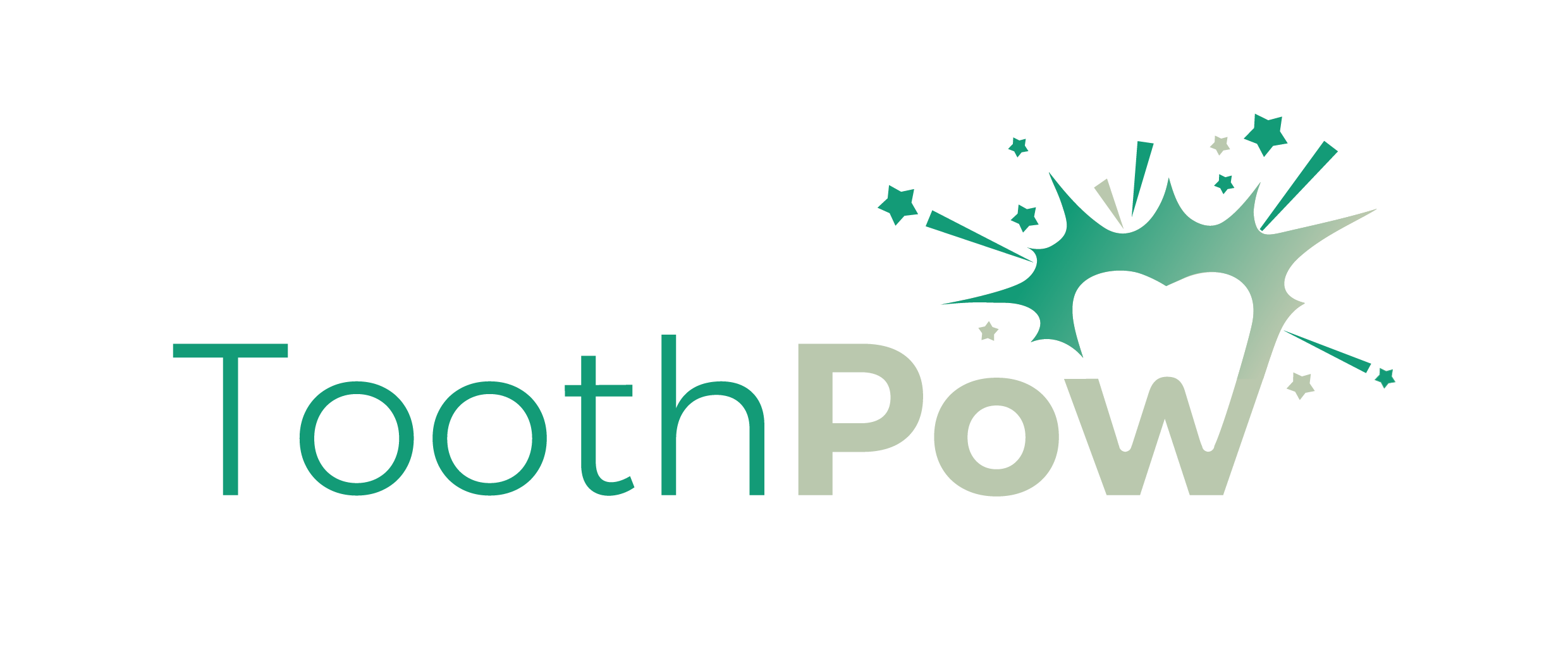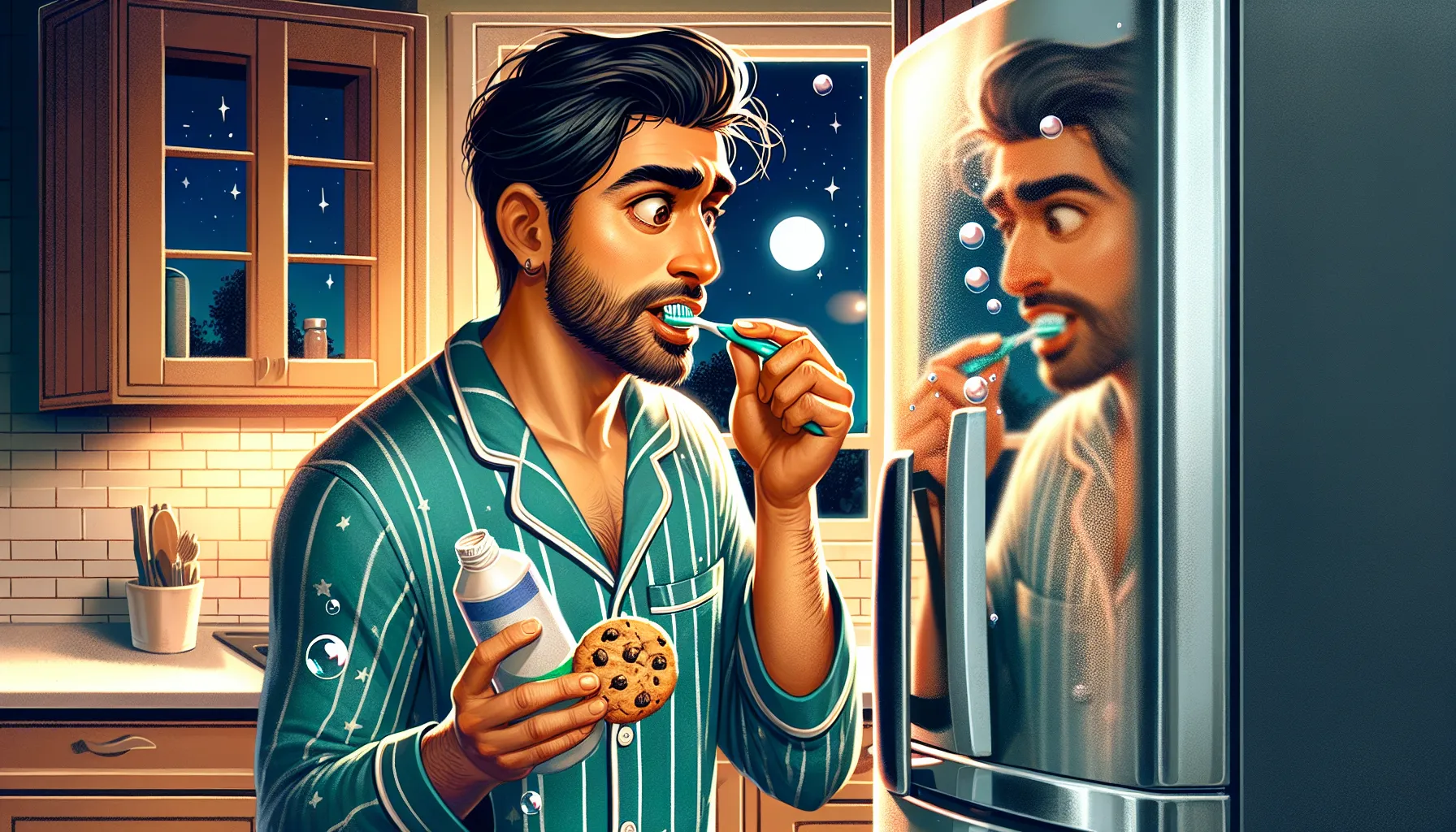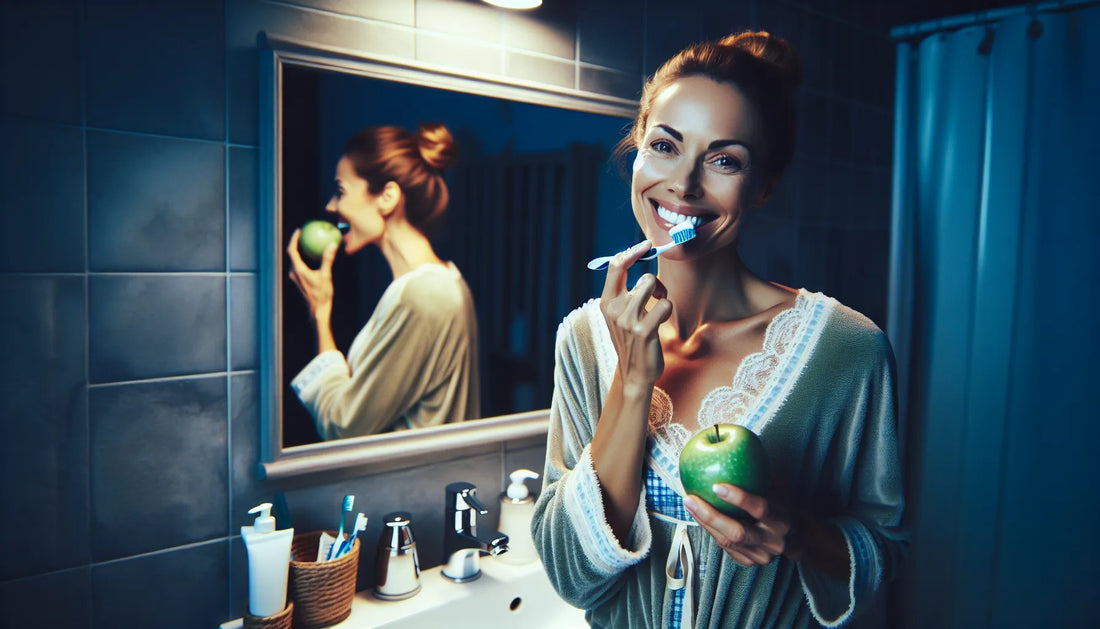Introduction: Navigating the Nighttime Snack Dilemma
Have you ever indulged in a late-night snack after brushing your teeth and wondered about the repercussions for your dental health? While the urge to snack after brushing at night is common, understanding the impact on your teeth is crucial for maintaining oral hygiene. This blog post delves into what happens when you eat after brushing your teeth at night and provides expert advice to keep your smile healthy and radiant.
The Critical Importance of Brushing Before Bed
The Benefits of Nighttime Brushing
Brushing your teeth at night is more than just a ritual; it's a crucial defense mechanism against tooth decay and gum disease. During the day, bacteria in your mouth feast on the sugars from your food, creating acids that can harm tooth enamel. Nighttime brushing helps remove these harmful substances and reduce the bacterial load, providing a clean slate for your teeth as you sleep.
Understanding Saliva's Role
At night, saliva production decreases, which is significant because saliva is nature's way of neutralizing acids and helping to rebuild enamel with minerals like calcium and phosphate. By brushing before bed, you enhance saliva's protective qualities, ensuring that it works more effectively to guard against tooth decay throughout the night.

What Happens When You Eat After Brushing?
Feeding the Bacteria
When you eat after brushing your teeth at night, especially foods containing carbohydrates or sugars, you essentially provide a new fuel source for bacteria. These bacteria produce acids as a byproduct of sugar metabolism, which can attack tooth enamel and lead to cavities.
Diluting Toothpaste Effectiveness
Natural Toothpaste works by remineralizing and strengthening tooth enamel. When you eat after brushing, you not only remove some of this protective layer but also hinder the Nano-hydroxyapatite ability to work effectively throughout the night.
Expert Opinions on Eating After Brushing
Dental professionals universally agree that it's best to avoid eating after your final brush of the day. Dr. Jane Smith, a noted dentist, explains, "Brushing your teeth signals the end of eating for the day. Any food consumed after brushing can significantly increase the risk of dental problems as the protective barrier formed by toothpaste is disrupted."
Comprehensive Oral Care Practices
Embracing a Holistic Dental Routine
A comprehensive oral hygiene routine goes beyond brushing and includes flossing, using mouthwash, and, in some cases, specialized treatments like oil pulling or dental probiotics. Integrating these practices effectively ensures that your dental care routine is robust and capable of preventing the majority of common dental issues.
Nighttime Oral Care Tips
To optimize your oral health:
-
Brush with a fluoride-free toothpaste if preferred, focusing on all surfaces of the teeth.
-
Floss thoroughly to remove any food particles that brushing can't reach.
-
Consider using a mouthwash to reduce bacteria further and freshen your breath overnight.
Alternatives to Eating After Brushing
If you find yourself hungry after brushing at night, opt for low-sugar, non-acidic foods that are less likely to harm your teeth. Cheese or a small serving of nuts can satisfy your cravings without significantly increasing the risk of tooth decay. Remember, it's not just what you eat but when and how you eat that impacts dental health.

Mitigating the Effects of Late-Night Eating
If You Must Snack, Do It Wisely
Choose foods wisely and brush again if you consume anything other than water after your initial nighttime brushing. This second brushing doesn’t have to be as extensive but should aim to remove any new food particles and protect your teeth until morning.
Rinsing as a Compromise
If re-brushing isn't an option, at least rinse your mouth with water or an alcohol-free mouthwash to minimize food particles and sugars that could feed bacteria overnight.
Conclusion: Safeguarding Your Nighttime Oral Health
Eating after brushing at night isn't recommended, but understanding how to mitigate its effects can help maintain your oral health. Consistently practicing good oral hygiene and making informed choices about late-night eating habits can protect your teeth from potential damage and ensure that you wake up with a healthier, fresher smile.

Best Practices for Oral Health at Night
When it comes to oral health at night, there are several best practices to consider. Always aim to make brushing the final step in your nighttime oral care routine for optimal protection. If you find yourself needing to eat after brushing at night, it’s crucial to wait at least 30 minutes before doing so. This is especially important if you consume acidic foods like citrus or coffee. Using mouthwash can offer a temporary solution to help minimize the damage in such instances. However, it’s important to recognize that mouthwash should not replace brushing; rather, it should be used as an additional step if eating after brushing is unavoidable.
Making a habit of brushing after each meal ensures that your oral hygiene is maintained throughout the day and night. It’s generally recommended to brush your teeth after eating and to avoid consuming anything except water after brushing your teeth at night to maintain good oral hygiene. Remember, good nighttime oral hygiene habits are a cornerstone of dental health and overall well-being. Using an antiseptic or mouthwash can also complement brushing and flossing by killing bacteria and further protecting against decay. Additionally, it’s advised to wait at least 30 minutes before brushing if consuming particularly acidic foods or beverages to avoid damaging the enamel.
When it comes to morning oral care, questions often arise regarding whether to brush before or after breakfast. It’s recommended to wait at least ten to thirty minutes after brushing before having your first meal to protect your enamel. Overall, to protect your oral health, resist the urge to eat after your nighttime brushing routine. Skipping eating after brushing before bed can help prevent increased plaque and bacteria in your mouth overnight, which can contribute to tooth decay and other oral health issues.

